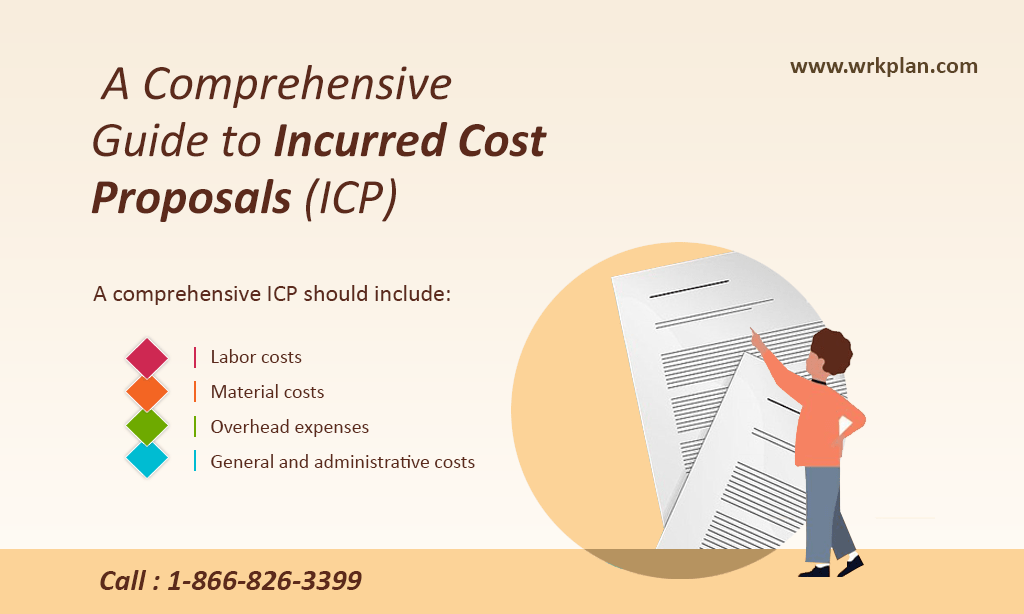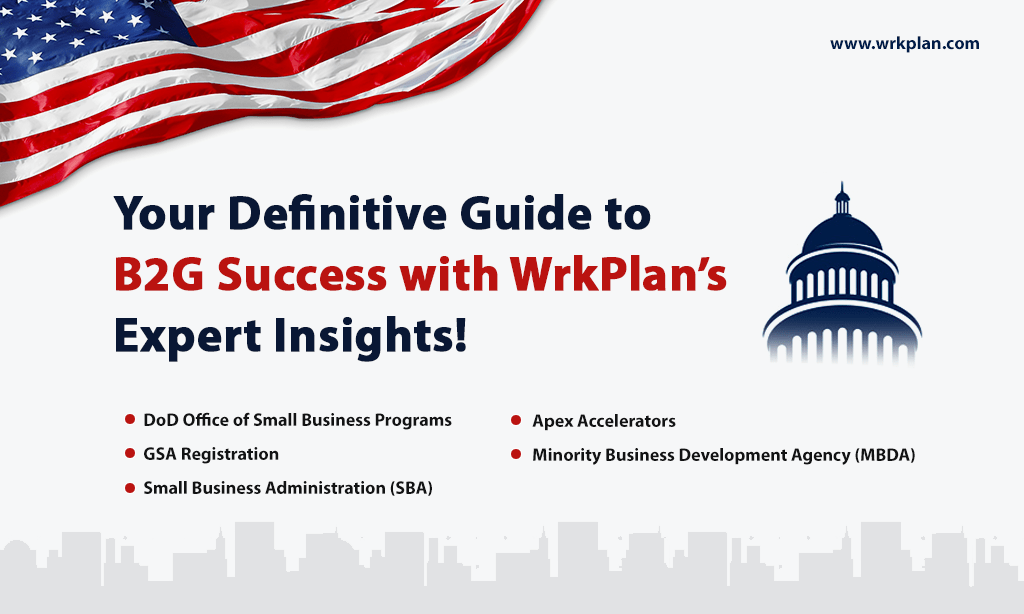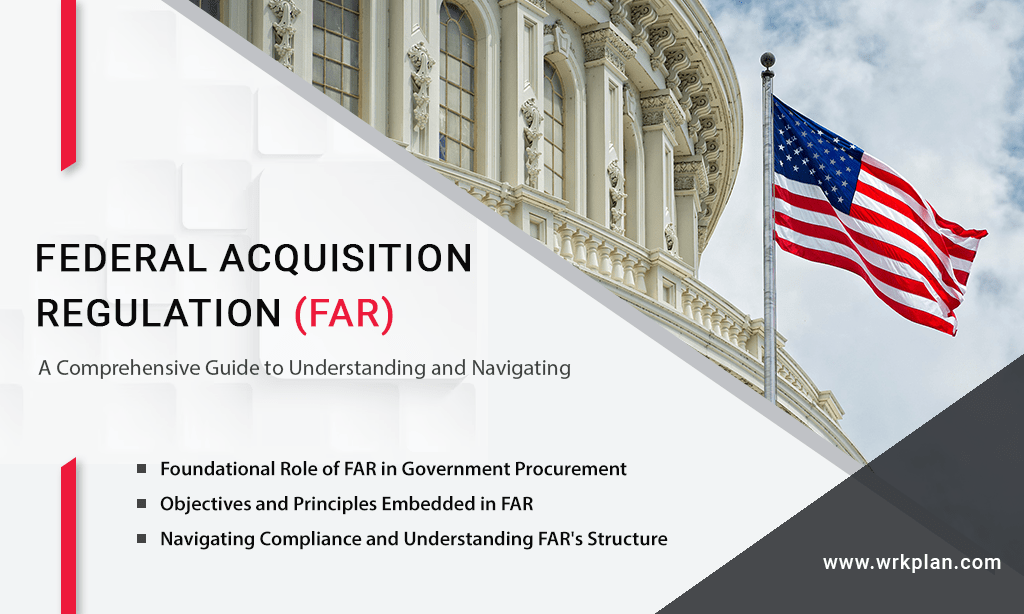Government contractors are subject to a variety of compliance requirements, which can vary depending on the specific contract, agency, and industry. Some common compliance requirements for government contractors include:
- Federal Acquisition Regulation (FAR) compliance: The FAR is a set of rules that govern the procurement process for government contracts. Government contractors are required to comply with the FAR and all related regulations.
- Cost accounting standards (CAS) compliance: CAS is a set of accounting standards that apply to contracts with the federal government. Government contractors must comply with these standards when submitting proposals, negotiating contracts, and billing the government.
- Equal employment opportunity (EEO) compliance: Government contractors must comply with EEO regulations, which prohibit discrimination based on race, color, religion, sex, national origin, age, disability, and other factors.
- Affirmative action compliance: Government contractors must develop and implement affirmative action plans to ensure that they are actively recruiting and promoting diversity in their workforce.
- Security clearance requirements: Depending on the nature of the work being performed, government contractors may be required to obtain security clearances for their employees.
To ensure that you are meeting these compliance requirements, you should:
- Stay up to date on changes to regulations: Regulations can change frequently, so it’s important to stay informed about any updates or changes that may affect your compliance obligations.
- Develop and implement compliance policies and procedures: You should have clear policies and procedures in place to ensure that you are complying with all relevant regulations.
- Train employees on compliance requirements: All employees who work on government contracts should be trained on the compliance requirements that apply to their work.
- Monitor compliance: You should have systems in place to monitor compliance with regulations, including regular audits and reviews of your policies and procedures.
- Seek guidance from experts: If you are unsure about your compliance obligations, you should seek guidance from experts, such as attorneys or consultants who specialize in government contracting.










